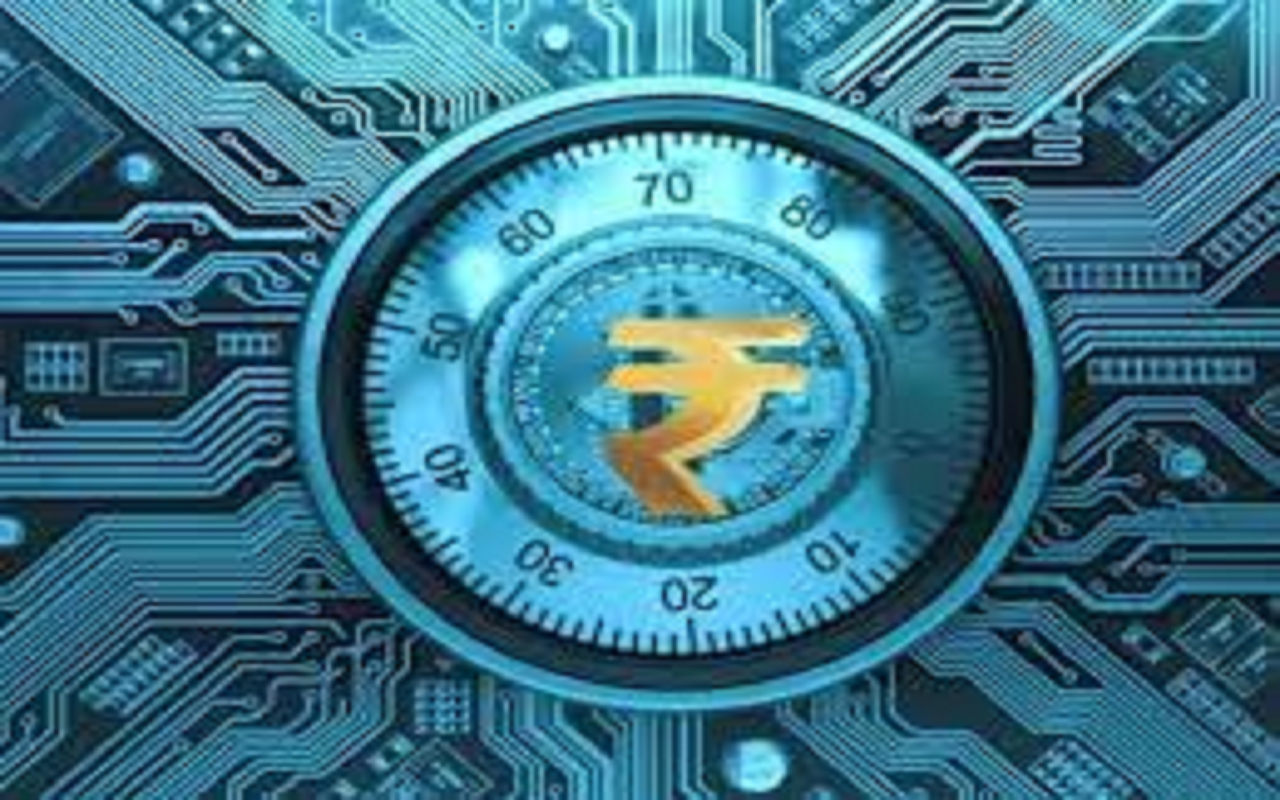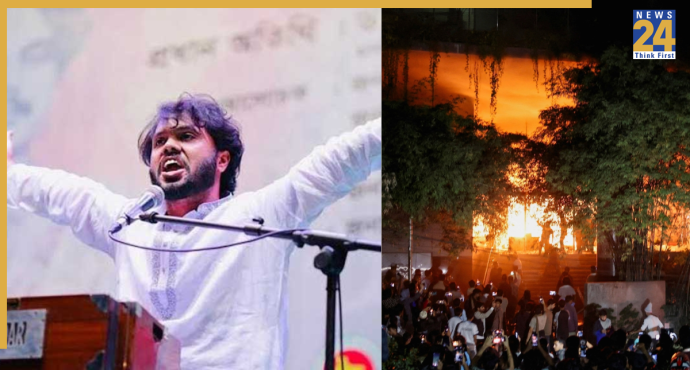Retail digital currency: The Reserve Bank of India will launch retail digital rupee (eRs-R) on Thursday on a pilot basis. The pilot scheme would cover select locations in closed user group (CUG) comprising participating customers and merchants. The eRs-R would be in the form of a digital token that represents legal tender.
Know facts about retail digital currency (eRs-R):
- The eRs-R would be in the form of a digital token that represents legal tender.
- It would be issued in the same denominations that paper currency and coins are currently issued.
- It would be distributed through intermediaries — banks.
- Users will be able to transact with eRs-R through a digital wallet offered by the participating banks and stored on mobile phones/devices.
- Transactions can be both person-to-person (P2P) and person-to-merchant (P2M). Payments to merchants can be made using quick response (QR) codes displayed at merchant locations
- The eRs-R would offer features of physical cash like trust, safety and settlement finality.
- it will not earn any interest and can be converted to other forms of money, like deposits with banks.
- The first phase will begin with four banks, namely State Bank of India, ICICI Bank, Yes Bank and IDFC First Bank in four cities across the country.
- Eight banks have been identified for phase-wise participation in this pilot, according to the central bank
- Four more banks, namely Bank of Baroda, Union Bank of India, HDFC Bank and Kotak Mahindra Bank will join this pilot subsequently
- The pilot would initially cover four cities, namely, Mumbai, New Delhi, Bengaluru and Bhubaneswar
- It later extend to Ahmedabad, Gangtok, Guwahati, Hyderabad, Indore, Kochi, Lucknow, Patna and Shimla.













